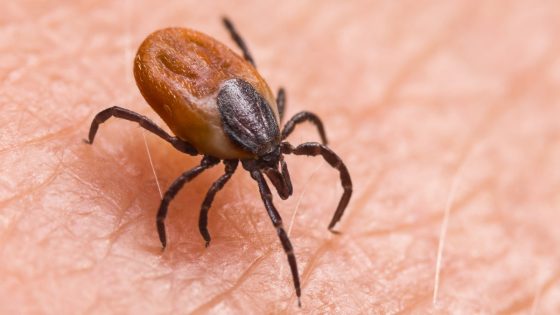Asthma rates among children are a growing concern, with approximately 8 to 10 percent affected nationwide. However, in traditional farming communities like the Amish, this figure drops to just 1 to 2 percent. As of 2025-07-21 01:56:00, researchers are investigating the unique environmental factors contributing to this stark contrast.
- Amish children have lower asthma rates.
- Traditional farming practices offer health benefits.
- Farm dust may protect against allergies.
- Hygiene hypothesis evolving into microbial hypothesis.
- Beneficial bacteria shape immune system development.
- Potential treatments could prevent allergic diseases.
Studies suggest that exposure to farm dust, rich in beneficial microbes, may play a crucial role in developing a robust immune system that prevents allergic diseases. This promising research could lead to innovative treatments aimed at protecting children from asthma and allergies.
Why do some children develop asthma while others do not? The research on Amish communities indicates that early exposure to diverse microbes may be key. This “farm effect” suggests that living in a microbial-rich environment can train the immune system effectively.
- Encourage outdoor play to enhance microbial exposure.
- Consider pet ownership to boost immune health.
- Explore dietary options rich in probiotics.
- Consult healthcare providers about potential allergy prevention strategies.
As research progresses, we may soon have practical strategies to reduce asthma and allergy risks in children. Embracing the lessons from traditional farming lifestyles could pave the way for healthier futures.

















![[Adobe Stock]](https://news.faharas.net/wp-content/uploads/2025/07/Ketogenic-Diet-Boosts-Brain-Blood-Flow-by-22-and-BDNF-230x129.jpg)














